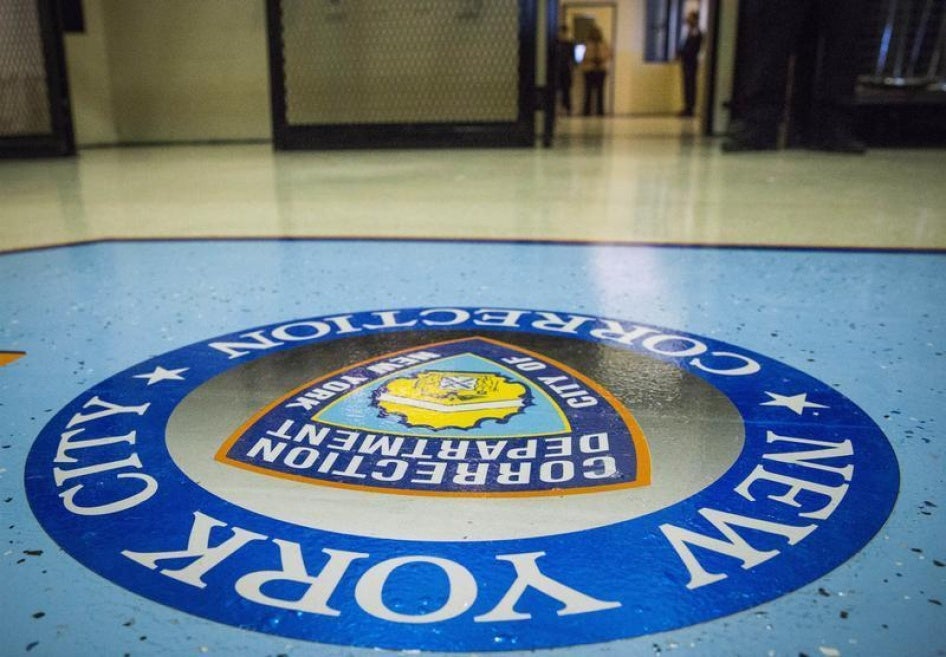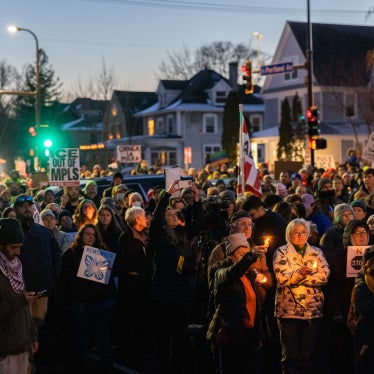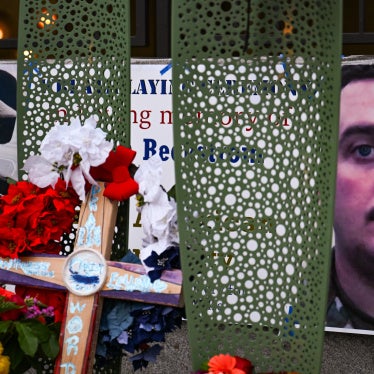Rampant staff violence against inmates at the New York City jails on Rikers Island is both infamous and longstanding. The announced settlement of the lawsuits over abuses at Rikers may signal its end.
Although the agreement has not yet been signed off on by all parties nor made public, a letter from the United States attorney for the southern district of New York, Preet Bharara, to the court indicates New York City has agreed to a sweeping set of reforms designed to curtail needless, excessive, and punitive use of force. Bharara has told the court, for example, that the agreement requires thousands more surveillance cameras, new policies for what types of force may be used and under what circumstances, new requirements for reporting and investigating use of force incidents, and a pilot program to test the value of outfitting officers with body-worn cameras.
Compliance with the terms of the comprehensive settlement agreement will be subject to ongoing court supervision and monitoring by an independent corrections expert.
Young inmates and inmates with mental illness have borne the brunt of staff abuse at Rikers. Under the settlement, officers working with young inmates will be trained in specific conflict resolution and crisis intervention skills, as well as ways to manage those with mental illnesses or suicidal tendencies. In addition, no inmate younger than 18 nor any 18-year-old with serious mental illness may be placed in solitary confinement as punishment for breaking the rules. The city also commits to seeking to place inmates under 18 in a different facility. These provisions are in line with recommendations in a recent Human Rights Watch report on youth in solitary confinement in jails and prisons across the US.
The use-of-force policies to be developed under the settlement will also include additional special provisions to protect inmates with mental illness from abusive force. Such abuse occurs in jail and prisons across the country, as we documented in a recent report. We hope the new policies protect inmates whose mental illness limits their ability to understand or comply with staff orders and facility rules.
A cynic might point out that staff violence outlasted five prior settlements over abuse at Rikers. But this time, conditions are different. Unlike in past years, the city’s mayor and corrections commissioner have both staked their reputations on jail reform. The media now aggressively reports on conditions at Rikers, and the US district attorney has joined with Legal Aid lawyers and private counsel to bring the weight of the US Department of Justice to bear on conditions at the jail. Maybe, the time is right for change.








